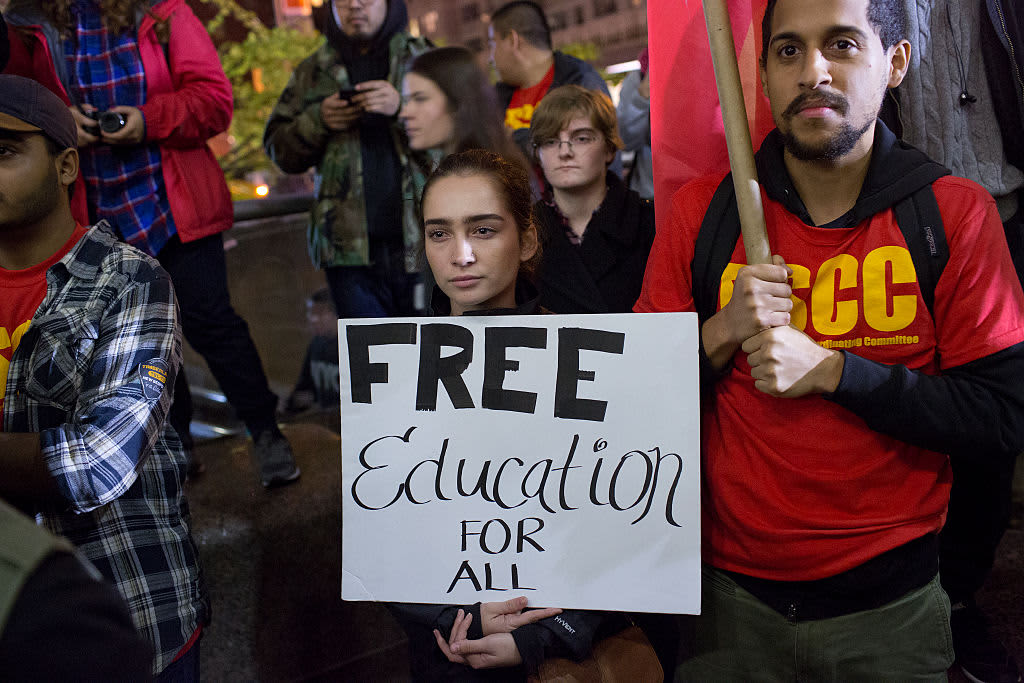In recent years, the debate over whether or not college should be free has gained traction among policymakers, educators, and students alike. Proponents of free college argue that higher education is a public good that benefits society as a whole, and therefore should be accessible to all without the burden of high tuition costs. On the other hand, critics argue that the cost of providing free college would be too high and would not necessarily lead to better outcomes for students.
One of the main arguments in favor of free college is that it would increase access to higher education for low-income students who may be deterred by the high cost of tuition. Research has shown that students from low-income families are less likely to attend college and are more likely to drop out due to financial constraints. By eliminating tuition costs, free college programs could level the playing field and give all students, regardless of their socioeconomic background, an equal opportunity to pursue a degree.
Additionally, proponents of free college argue that it would benefit society as a whole by increasing the overall level of education and skills in the workforce. A more educated workforce is more productive and can contribute to economic growth and innovation. Furthermore, free college could help reduce income inequality by providing individuals with the skills and knowledge they need to secure higher-paying jobs.
However, critics of free college argue that the cost of providing free tuition to all students would be prohibitively high. According to some estimates, making public colleges and universities tuition-free could cost hundreds of billions of dollars annually. Critics argue that this money could be better spent on other priorities, such as improving K-12 education, supporting workforce training programs, or reducing the national debt.
Critics also argue that making college free for all students could lead to overcrowding and decreased quality in higher education. With more students enrolling in college, institutions may struggle to meet the demand and provide students with the support and resources they need to succeed. Additionally, critics argue that making college free could devalue the overall quality and reputation of a college degree, making it less valuable in the job market.
In conclusion, the debate over whether or not college should be free is complex and multifaceted. While there are valid arguments on both sides of the issue, it is clear that access to higher education is becoming increasingly important in today’s economy. Ultimately, the decision to make college free or not will depend on balancing the costs and benefits and finding a solution that works for students, institutions, and society as a whole.
